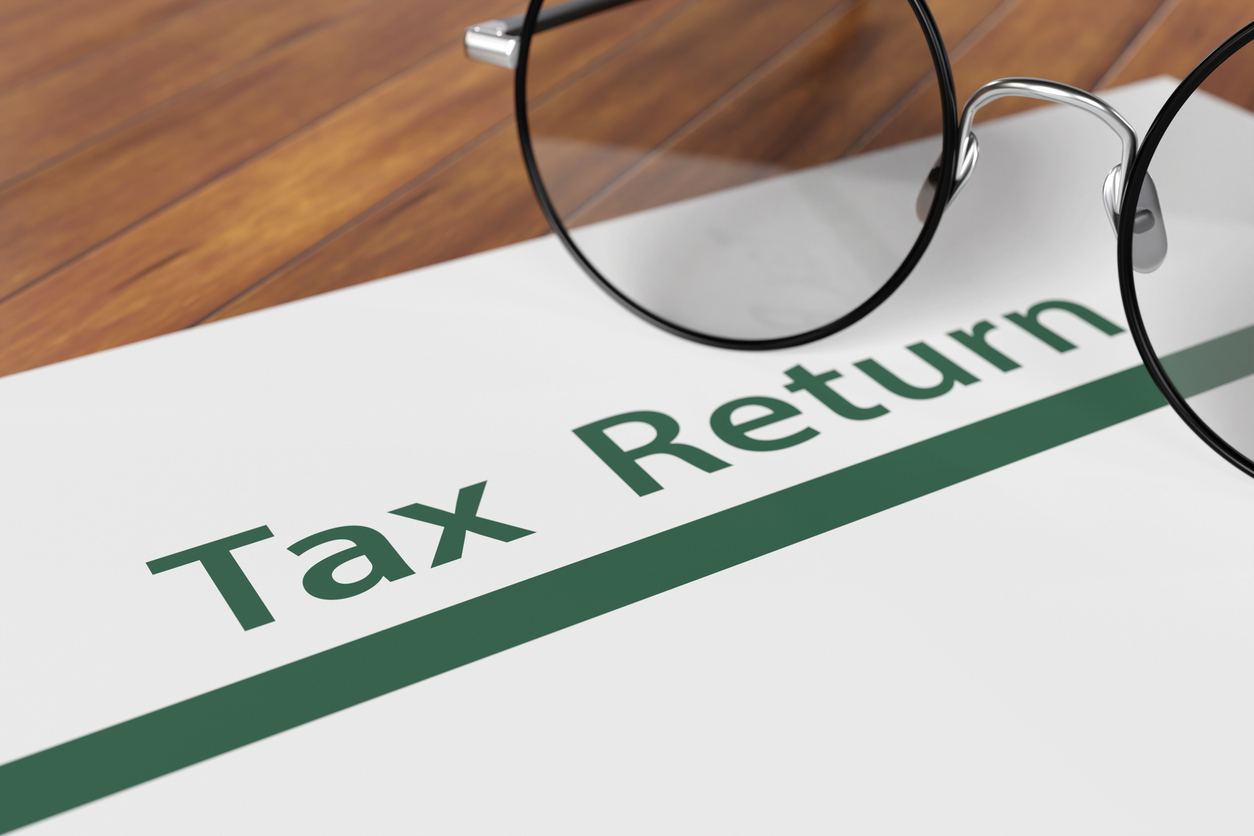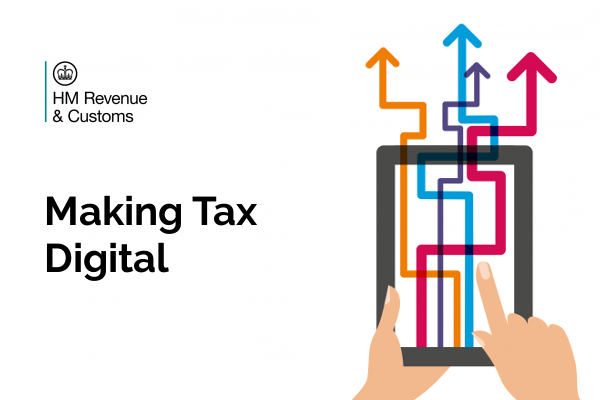
The extra costs of the increase in employers’ NICs could cause businesses to respond in ways the government did not intend, the Chartered Institute of Taxation (CIOT) has warned.
At the Autumn Budget, Chancellor Rachel Reeves announced an increase to the rate of employer NICs by 1.2 percentage points, to 15% from 6 April 2025.
The CIOT says that the increase extends the differential in the burden of tax and NICs borne by those in employment compared to those engaged as self-employed.
The higher employers’ NICs goes, the greater the likelihood employers may seek ways to mitigate or absorb the burden, which could include potential alternative arrangements to taking on people as employees, adds the CIOT. Alternatives could include outsourcing or offshoring services and reducing the numbers of employees.
Eleanor Meredith, Chair of CIOT’s Employment Taxes Committee, said:
‘While employers must pay employer NICs on their employees’ earnings, no employer NICs is due where someone is genuinely self-employed.
‘We are concerned that the increase in employers’ NICs could lead to an increase in‘false self-employment’, where businesses trying to save money turn to arrangements where the worker is not directly employed by them, without necessarily appreciating the rules and risks of such arrangements.
‘A worker’s employment status for tax is notoriously difficult to judge, as we have seen from recent complex litigation involving some TV presenters. HMRC will need to be sufficiently resourced to tackle potential increases in ‘false self-employment’.’
Internet link: CIOT website





